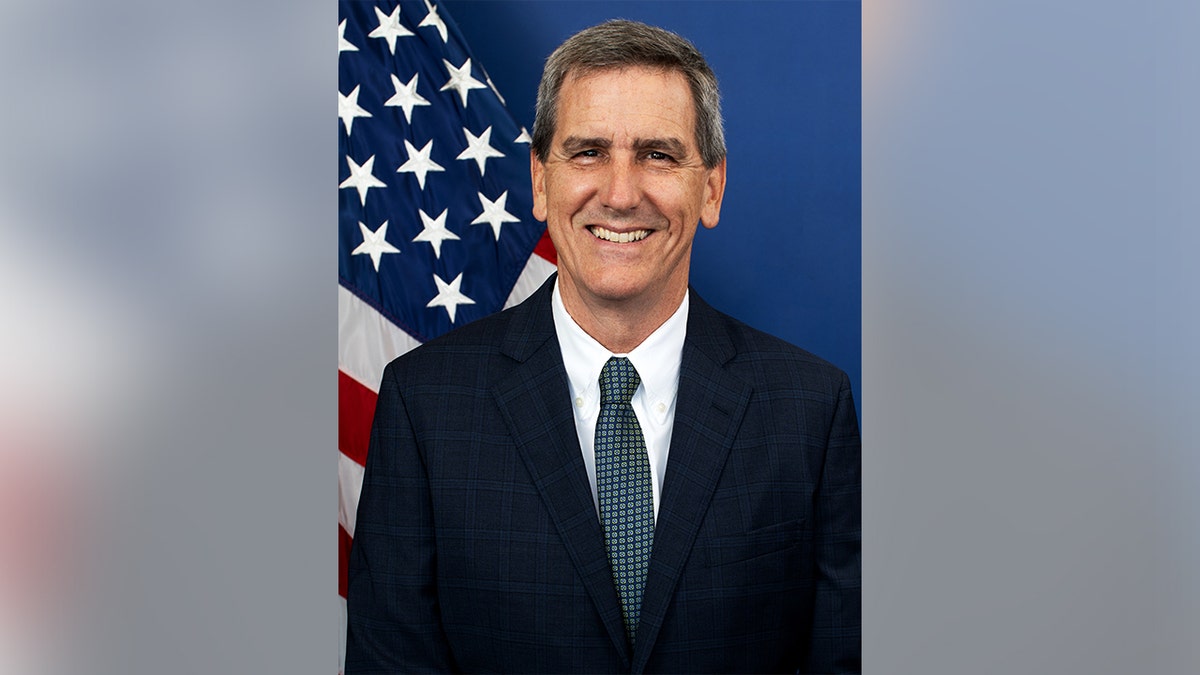Mike Whitaker, the head of the Federal Aviation Administration (FAA), has announced his resignation effective January 20th, coinciding with President-elect Donald Trump's inauguration. Whitaker, whose five-year term was confirmed in October 2023, shared the news with FAA employees in a memo on Thursday. This departure comes amidst ongoing scrutiny of Boeing's safety practices following a serious midair incident involving an Alaska Airlines 737 MAX 9 in January.
Whitaker's departure follows calls for his resignation in September by SpaceX CEO Elon Musk, a close advisor to Trump. Musk was critical of the FAA's decision to fine SpaceX $633,000 for alleged violations of launch license requirements. While Trump had indicated his intention to replace numerous officials before their terms concluded, his specific plans for the FAA leadership were previously undisclosed.
In his memo to staff, Whitaker expressed unwavering confidence in the agency's ability to maintain its safety mission. The FAA also announced the departure of Deputy Administrator Katie Thomson on January 10th. Mark House, the assistant administrator for finance and management, will serve as the senior acting official during the transition period.

Michael G. Whitaker became FAA Administrator in October 2023 and will step down upon President-elect Trump's inauguration. (Federal Aviation Administration)
Just last week, Whitaker acknowledged uncertainty about his future with the FAA beyond January 20th, citing ongoing discussions with the transition team. A significant portion of his tenure has been focused on addressing safety concerns surrounding Boeing aircraft. Senator Tammy Duckworth, a Democrat leading an aviation subcommittee, expressed sadness over Whitaker's departure, commending his oversight of Boeing and hoping that those efforts will continue.
Whitaker took the significant step of limiting Boeing's 737 MAX production to 38 planes per month in January, demanding substantial safety improvements before restoring full production authority. He also initiated another Boeing audit in October, suggesting a five-year timeline for the company to fully overhaul its safety culture, while acknowledging progress in areas like parts management and training.
Beyond the Boeing situation, Whitaker has also grappled with air traffic control staffing shortages and a string of near-miss incidents that have heightened safety concerns within the aviation industry.
Comments(0)
Top Comments